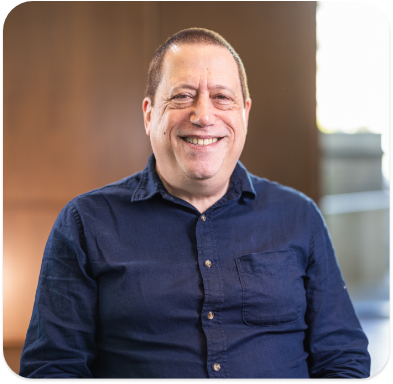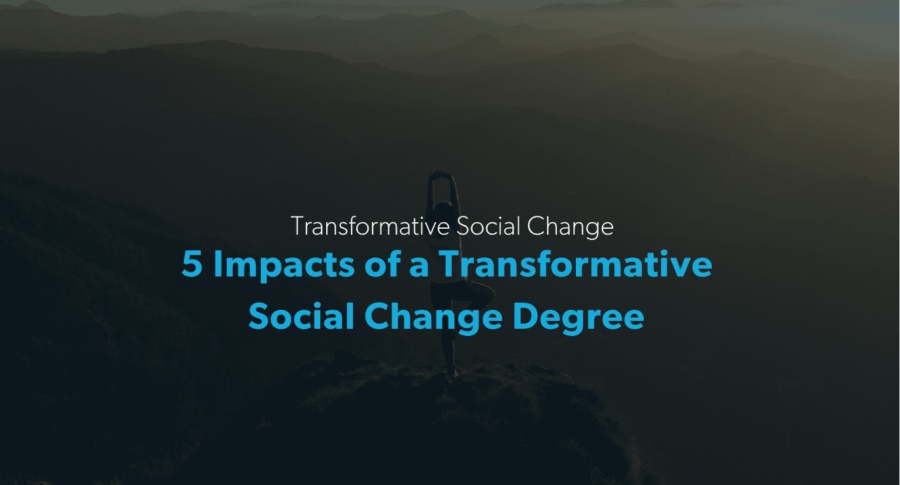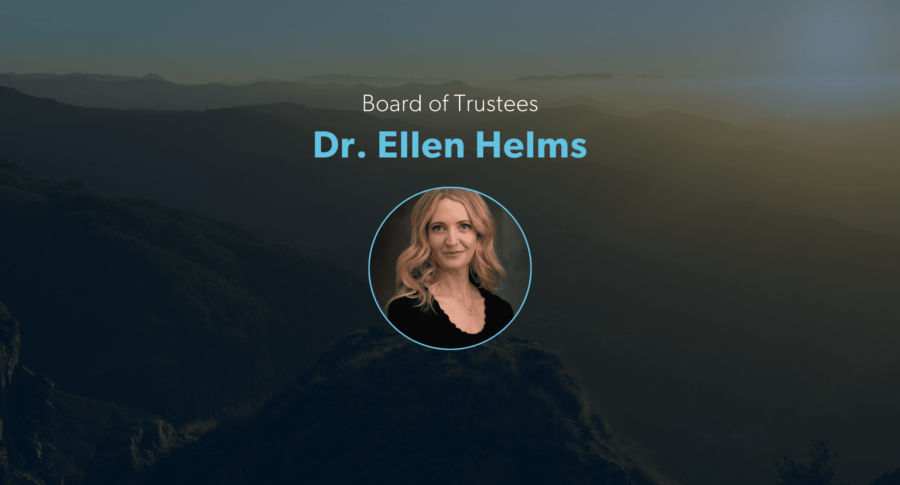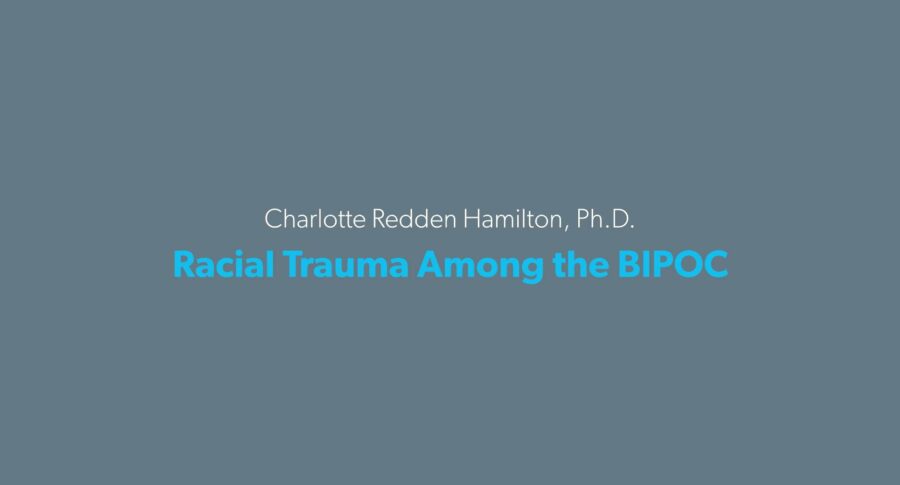Achieving Peace and Justice by Understanding Conflict
Our world’s current state of great uncertainty is a result of a long history of racial and economic inequality, international conflict, war, displacement, and environmental harm. Only by understanding the complex causes of these social conflicts can we hope to achieve transformative change. Our online Master's in Transformative Social Change: Peace and Justice Studies Specialization program provides that understanding.
With an emphasis on analysis that leads to practice, you will examine the theory and history behind social change as it relates to specific issues and actions that you most care about. You will delve deeper into the causes of social problems at all levels of society and the processes we can utilize in hopes of contributing to a more peaceful, just, and sustainable world.
The Peace and Justice Specialization program brings an interdisciplinary, humanistic approach to understanding the causes of violence and the potential for restorative justice, transformative justice, and nonviolent efforts to bring about constructive change.
Earning your specialized degree at Saybrook can provide the critical skills you need to contribute to efforts aimed at overcoming societal injustice and conflict, including exploring contemporary challenges to peace and justice, learning cross-cultural conflict resolution and restorative justice practices, and developing ways to address the many dimensions of societal conflict and injustice.
Master's in Transformative Social Change: Peace and Justice Studies Specialization Job Outcomes
Upon graduation, you will have the advanced skill set to become a leader and advocate in areas related to the pursuit of peace and social justice. Graduates seek rewarding careers in a variety of areas:
- Community organizing and engagement
- Public outreach campaigns
- Organization policy advocacy
- Education, teaching, and transformative learning
- Conflict transformation and restorative justice
Other Transformative Social Change Programs
Interested in another Transformative Social Change program? We offer multiple options that may align more closely with your goals.
*Credits earned may vary based on specialization courses chosen.
Program Components
Admissions Requirements
Applicants for the M.A. in Transformative Social Change degree must submit the following documents:
- An official transcript from an accredited university demonstrating successful completion of a bachelor’s degree, with a 3.0 GPA or better
- Professional resume or CV
- Personal statement
- One letter of recommendation
Invest in Your Future
Saybrook University remains committed to keeping higher education affordable and accessible. Our Financial Aid Department is ready to offer guidance and support in determining suitable financial assistance tailored to your needs, including potential scholarship opportunities, grants, and more.
Cost
Saybrook wants you to have the information you need to make an informed decision about your academic and career aspirations. Our cost calculator provides an estimated cost of attending Saybrook to earn your M.A. in Transformative Social Change degree.
Sample Courses
Ethics for Transformative Social Change
Thinking Like a Global Citizen: The practice of ethics involves the exploration and evaluation of different values and assumptions that support alternative courses of action. This course approaches these differences from a global civic perspective that is grounded in our common humanity and recognizes our many social differences. A primary goal of this course is for you to develop a global civic ethic that is sufficiently rigorous to face ongoing resistance to social change.
Social System Transformation Theory
The aim of this course is to empower you to be able to critically evaluate social systems and participate in their co-creation and transformation. This course will help you recognize and analyze societal paradigms as they present themselves in various domains of the human experience, develop a critical understanding of how humanistic values, developmental ideas, and norms can be applied to social systems, and more.
Catalog
Please refer to our academic catalog for more information on the M.A. in Transformative Social Change degree program.
Career Outcomes
According to the Bureau of Labor Statistics, the job outlook for qualified psychologists is expected to grow much faster than average. As public awareness builds regarding the connection between mental health and overall health, licensed clinical psychologists may find careers in education, nonprofits, social agencies, and private-sector organizations. They will be challenged to address the needs of many populations, including students, seniors, military personnel, veterans, prisoners, parolees, first responders, and those suffering from chronic illness and substance abuse.
Saybrook University prepares you to make an impact in a variety of high-demand careers. Below, you will find possible career options and salaries associated with this degree.
Data is pulled by a third-party tool called Lightcast, which includes data from sources including the U.S. Bureau of Labor Statistics, the U.S. Census Bureau, online job postings, and other government databases. The information below represents a regional and national career outlook related to this degree program*. Saybrook University is dedicated to assisting you in achieving your career goals.
*Many degree programs are intended to fulfill licensure requirements in specific states. The data shown here may not represent the state where you currently reside. For more information on how this program is applicable to the requirements of your state, please speak with your admissions specialist.
University Learning Experience
Our M.A. in Transformative Social Change: Peace and Justice Studies Specialization program is a hybrid-online program. While the core of this program is completed asynchronously, there are some required synchronous, online features designed to deepen your educational experience. We call this a Virtual Learning Experience (VLE). In addition to the VLEs, you will begin your studies with a virtual Welcome Week. Welcome Week activities, including a program orientation, are held online during the week before the start of Fall and Spring semesters. You are also required to attend Community Learning Experiences (CLE), in-person gatherings once every two years, where the entire Saybrook community comes together to connect face-to-face.

Transformative Social Change Faculty
Saybrook’s Transformative Social Change faculty are practitioner-scholars dedicated to advancing their field through continued practice and comprehensive instruction. Meet some of our faculty members below.

- Project Director/Co-Author, The Choices and Consequences Evaluation
- Member, Academic Council of the American Friends of Combatants for Peace
- Specialist in globalized movements for social justice, human rights, peace and democracy
- Writing published in Common Dreams, the Los Angeles Times, Tikkun Magazine, UNESCO International Clearinghouse on Children and Violence on the Screen, among others
UNBOUND: Transformative Social Change
In today’s world of social, economic, and environmental turbulence, it can feel as if everyday citizens are left to fend for themselves. Despite these concerns, there are many around the world who are working for positive change. This is the focus of Saybrook University’s programs in transformative social change. Hope does exist, and Saybrook is eager to empower those who are ready to act on it, providing you with the capabilities to lead the transformations this world needs.


Saybrook University Appoints Alumna and Social Justice Advocate Ellen Helms to its Board of Trustees

Ready to Take the Next Step?
Submit an inquiry and one of our admissions specialists will connect with you to answer your questions and guide you through next steps.
























